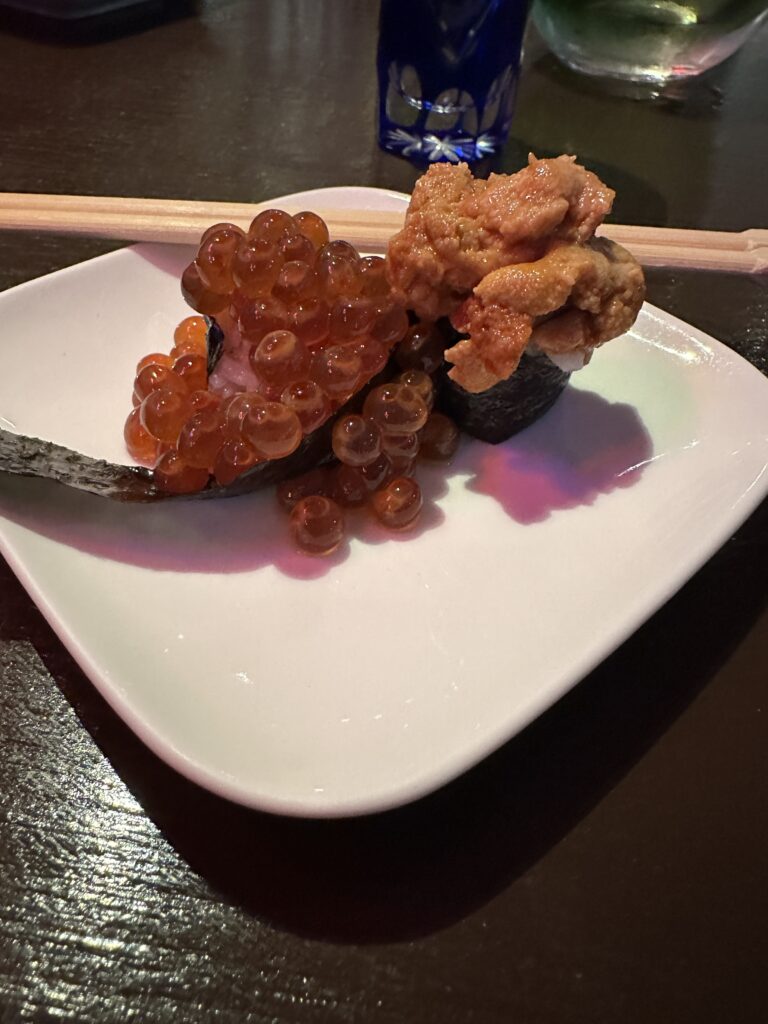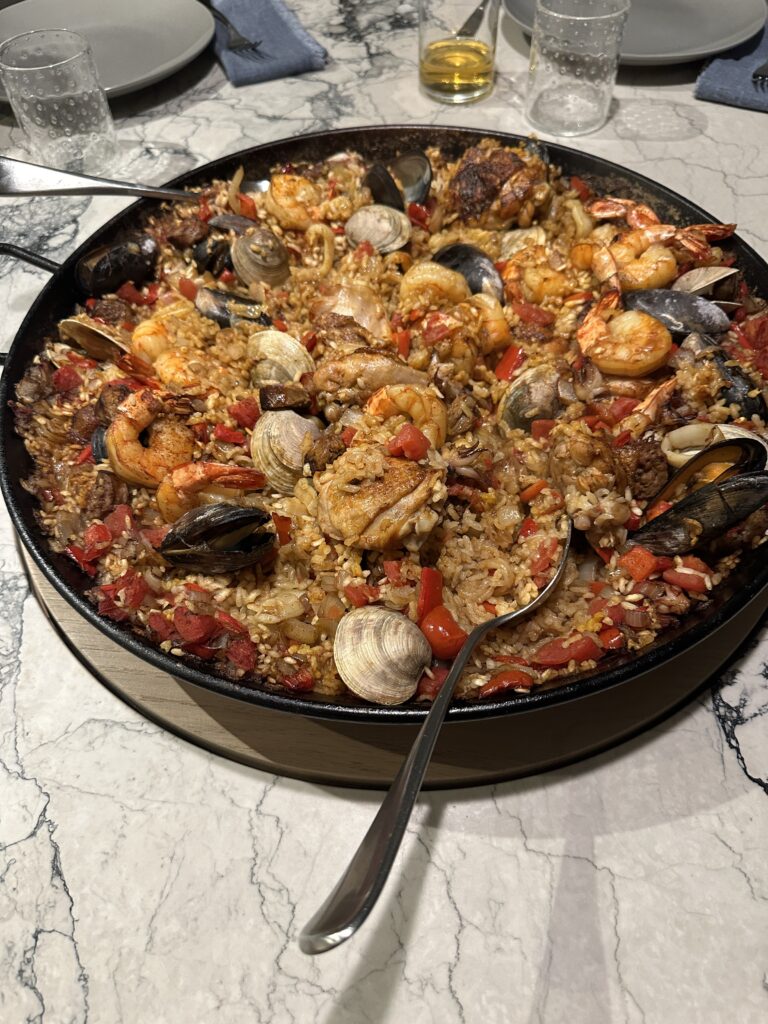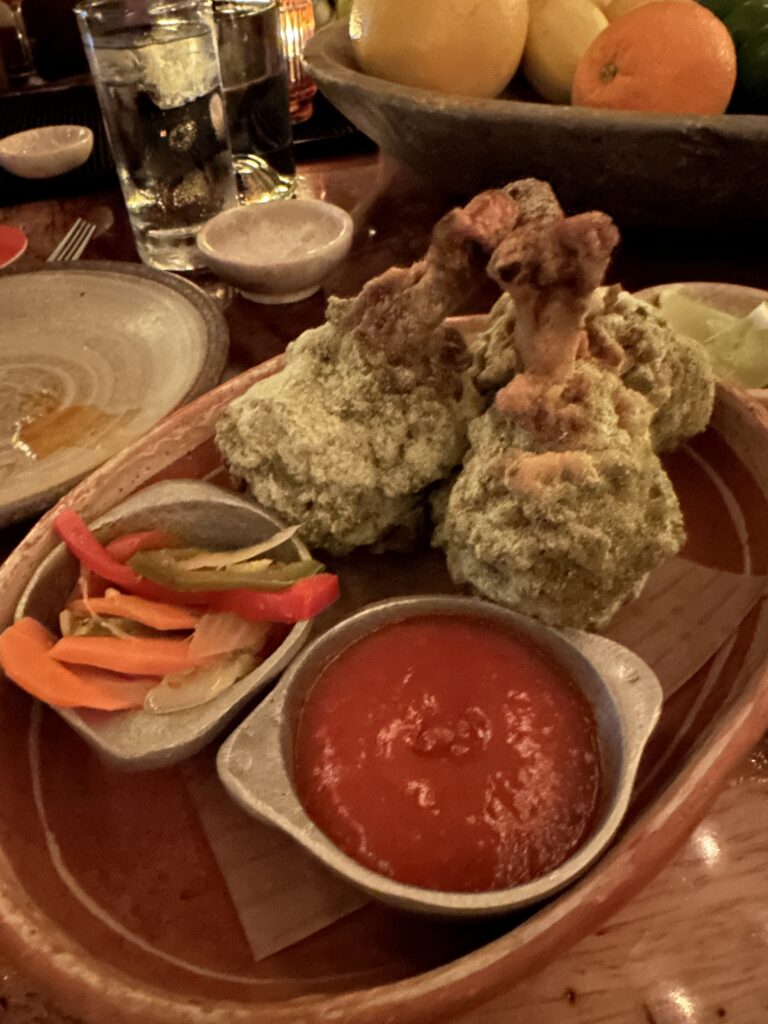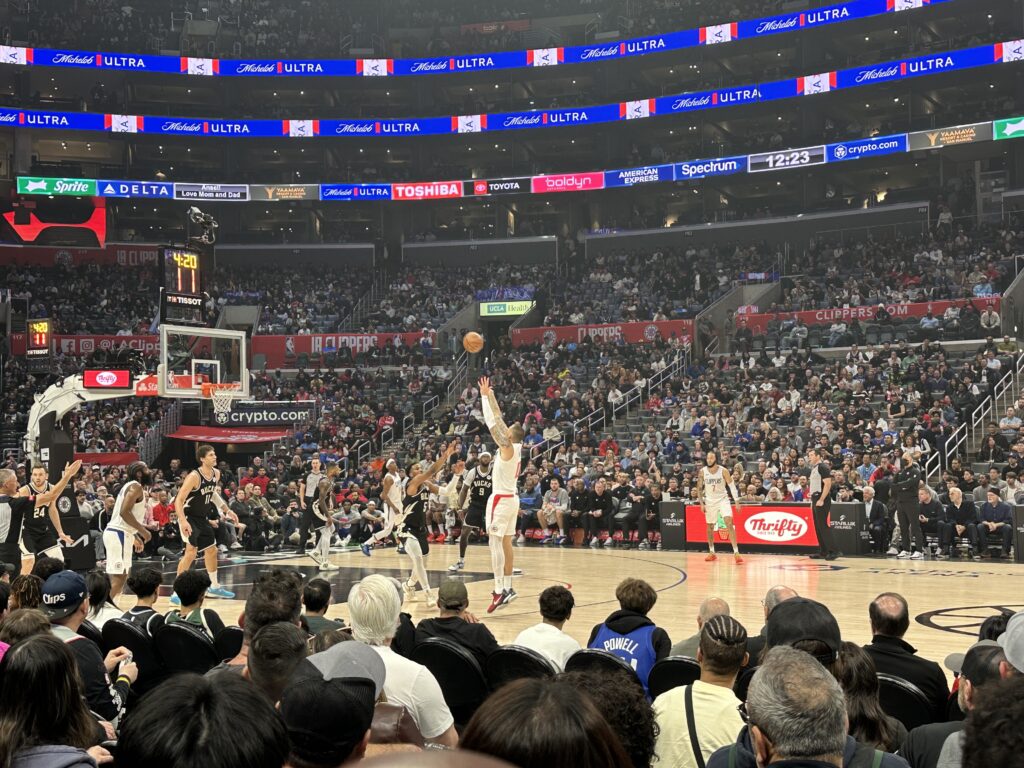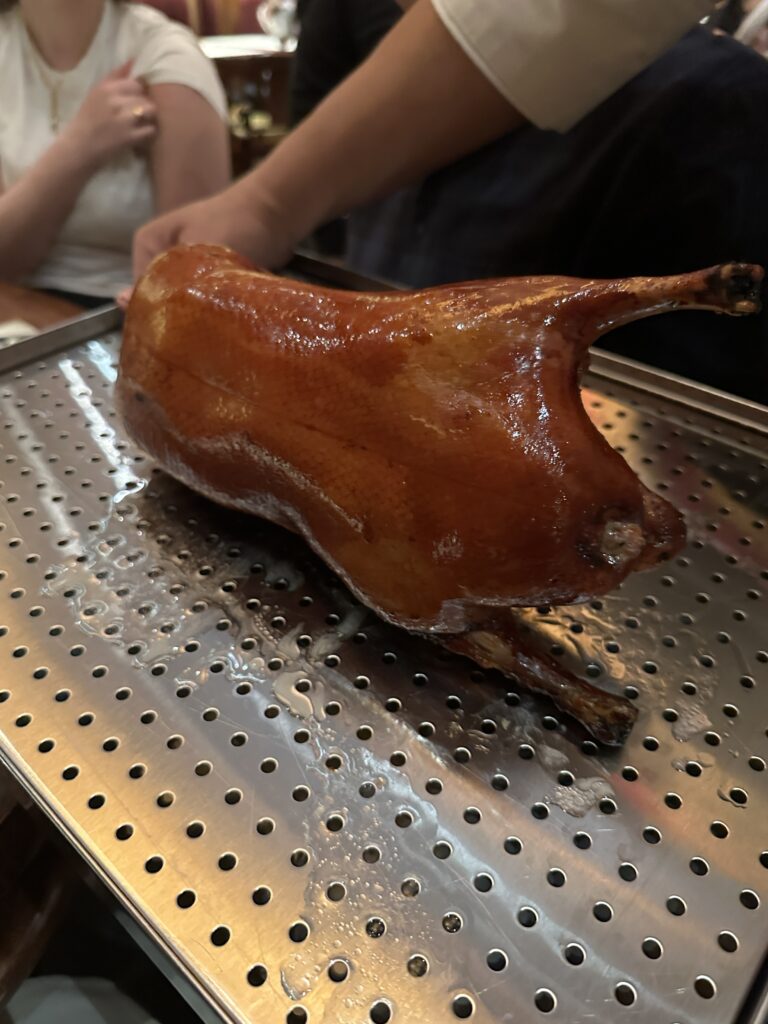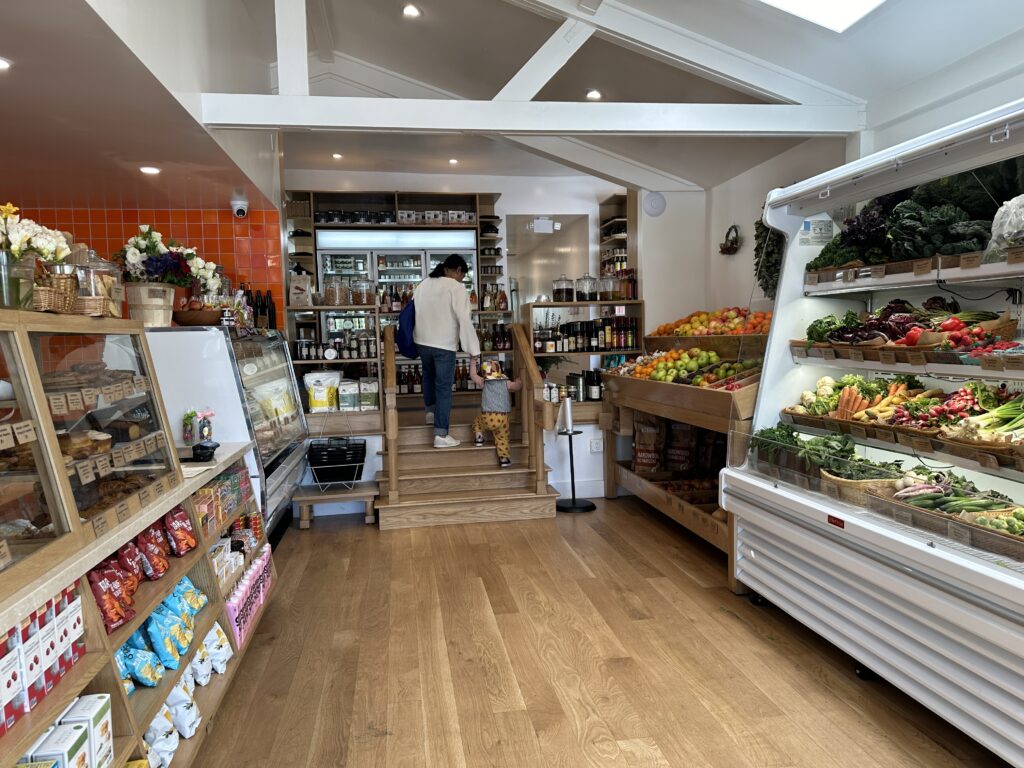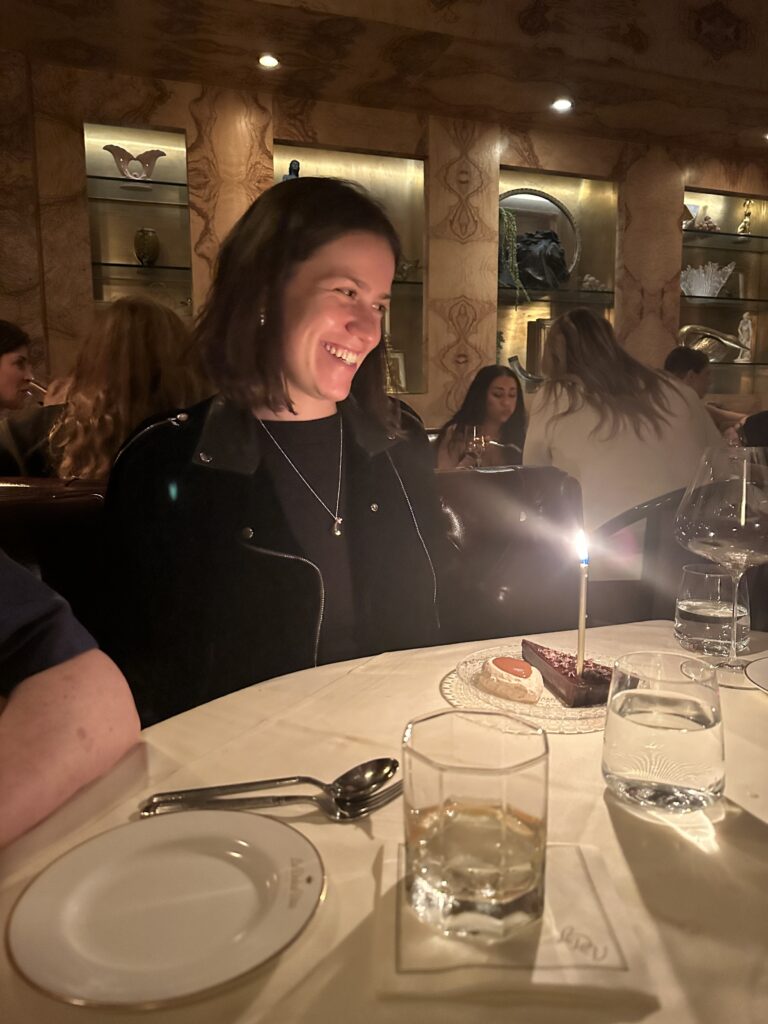Small Homes

When I was growing up in Potomac, Maryland, it was just being developed from rural farmland into a burgeoning suburb. Camotop, yes Potomac spelled backward, was a new development with large “McMansions.” I taught guitar lessons to a kid who lived there, and I was blown away by the size of the house and what it must cost. Although I have not been back in decades, from what I understand, Potomac has nothing rural left.
Fifteen years ago, we went to an exhibit at the Cooper Hewitt Museum, and in the garden, there was an installation called Design For the Other 90%. It was an intelligent, inexpensive design for third-world countries, giving each home water, storage, and a roof over its head. These homes are needed now more than ever for refugees, and that includes homeless people in our own country.
Many entrepreneurs were getting into the prefab space at one time. I looked at investing in one of those companies, but in the end, they self-funded. What I loved about the concept was that these homes had the basic needs, were small, were built off-site, and could scale up, adding additional components when needed or not.
The cost of homes has gone through the roof, and the name “Design For the Other 90%” says it all. It is imperative that people can buy less house for less money. I have read that the trend towards small homes is beginning as mortgage rates increase. When entry-level homes cost over $250m, there must be opportunities for everyone to have the “American Dream” of owning a home.
I also read that in Paris, 75% of the shops are independent due to strict rent caps and controls, and a semi-planning company buys large abandoned units and rents them at cut prices to revitalize neighborhoods. In France, people have homes in their families for generations because they are not allowed to be bought and sold as an asset class like we do in the US. Also, in France, 25% of people live in public housing that happens to be beautiful and well-maintained, keeping their communities robust.
There is something here between the small homes, the high cost of rent and purchases, the importance of community at the street levels, and ensuring everyone can afford to have a roof over their head. Where the small home market goes will be interesting to watch.





